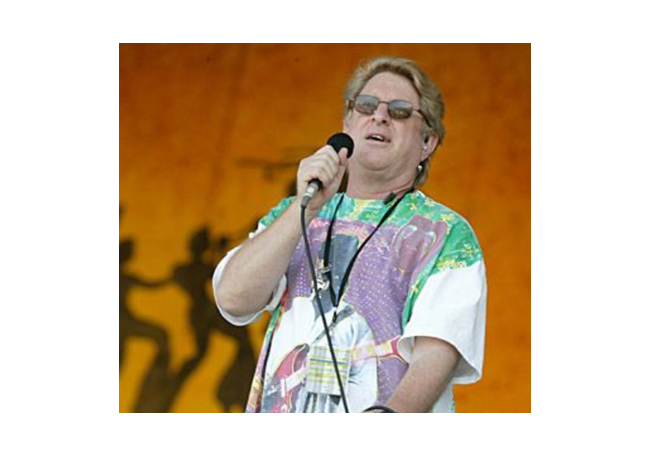Quint Davis on the Power of Live

photo credit: Douglas Mason
In this moment of social distancing and turmoil, many of us are yearning for the collective inspiration and joy that is unique to the concert experience. In a special Power of Live section that appears in our new issue, a number of singular voices chime in with their thoughts on the importance of in-person gatherings.
You can look back at previous Power of Live interviews with Trey Anastasio, Nicole Atkins, Jon Batiste, Mickey Hart, Warren Haynes, Jason Isbell, Robert Mercurio, Bonnie Raitt, Carlos Santana and Don Was.
***
The New Orleans Jazz & Heritage Festival celebrated its 50th anniversary in 2019 At that time, producer Quint Davis noted, “This whole ’50’ thing—I can’t really get my head around it, actually. If I go back and look at pictures and stuff, I still can’t figure it out. But after 50 years, to still be not only thriving, but also relevant with our traditional music structure is an amazing thing.” Davis, who grew up in the city, embraced its culture from an early age, finding his way into local clubs while still a teenager. He was a Tulane University student in 1970 when founding producer George Wein tapped him to help secure local acts for the initial Jazz Fest. Only a few hundred people attended the inaugural event at Congo Square, a far cry from the 450,000 who were on hand in 2018 at the Fair Grounds Race Course (where the festival moved in 1972). However, as Davis notes, “We have the exact same palette that we had the first years in Congo Square. We have a jazz tent, we have a gospel tent, we have a blues tent, we have The Meters on a funk stage, we have jazz funerals going on. It’s immensely bigger, but it’s the same palette.”
With the 51st Jazz Fest was postponed until 2021, Davis shares his personal reflections on the Power of Live…
I’m very prejudiced about live music, and not just because I’m in it. To me, it’s a superior art form. There’s no other art form like it. You can go to the Louvre—well, actually, today you can’t—but when you’re able to go to the Louvre, you can see Michelangelo, you can see the Mona Lisa and have an artistic experience with that art. But the artist isn’t there with you. It’s the same thing with a book or a movie.
I was an actor in college and, there, you do have a live audience. They’re responding to you, and they can laugh or cry or whatever. But as an actor, everything you do is scripted. What you’re saying is scripted—your movements, your hands, your feet, everything. You can’t just stop in the middle of the play and say, “Hey, I’m going to sing you a little song—check this out…”
But with live music, you have an artistic experience with the artist as the artist is simultaneously creating it. It’s like standing with Michelangelo when he’s got his brush in his hand. You experience this while it’s being created and then you become a part of it—part of the forest.
Now, particularly, if you have a great audience—a really energetic, attentive audience—that energy hits the band. And that elevates the band because they appreciate the environment they’re in and the energy they’re getting back from the audience. That cycle, that dynamic, that’s live music.




















